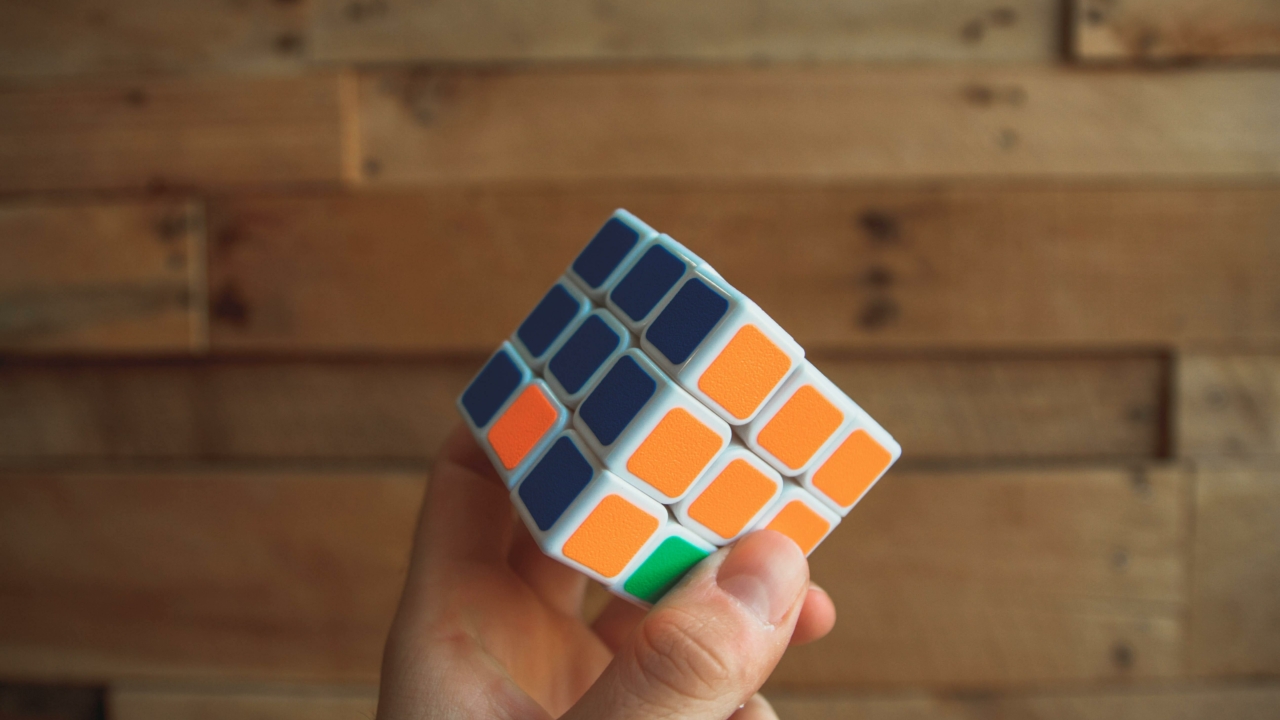When a tree falls it can cause major damage to houses, cars and any other objects in its path. Some of these trees fall because no one realises. It can take years for s giant tree to fall down, and this often happens because no one has noticed the care that they need. This scenario is an analogy for our mental health. We often don’t notice the emotional state of our family or friends. Or, on other occasions, we don’t tend to listen to our own feelings or emotions. Eventually, this can turn into a serious problem. COVID-19 and the impact of social isolation measures mean mindfulness and mental health are at the forefront of our collective thinking. For many, loneliness and fear has turned into stress that is having a major impact on their mental health.
So what should we do to protect our mental health?
The goal of Dr Gatt’s research looking at the concept of genes versus our environment. She is focused on learning whether people are protected against mental illness because of their genes or because of their life experiences. The findings could help us to better understand how we can have mental health, and may enable us to more effectively prevent mental illness.
Dr Gatt recommends focusing on these six areas
Composure. Develop positive coping strategies like active problem solving, rather than avoidance, self-blame, venting or substance use. Also, recognise when you are becoming stressed so that you can respond differently to challenges.
Own-Worth. Identify what you stand for and your values, and preserve them with healthy boundaries.
Mastery. Build on your strengths, seek opportunities for growth and be self-reliant.
Positivity. Have a positive outlook, seek out and schedule time for fun, and take regular notes of things you achieve.
Achievement. Identify your talents and interests, and set meaningful goals that satisfy your needs.
Satisfaction with Life. Prioritise fitness, physical health and mindfulness. Try to be present during your everyday activities.
Interested to get involved? Your support will help advance Dr Gatt’s research and develop more tools that people need to keep their minds healthy. Click here to help.




